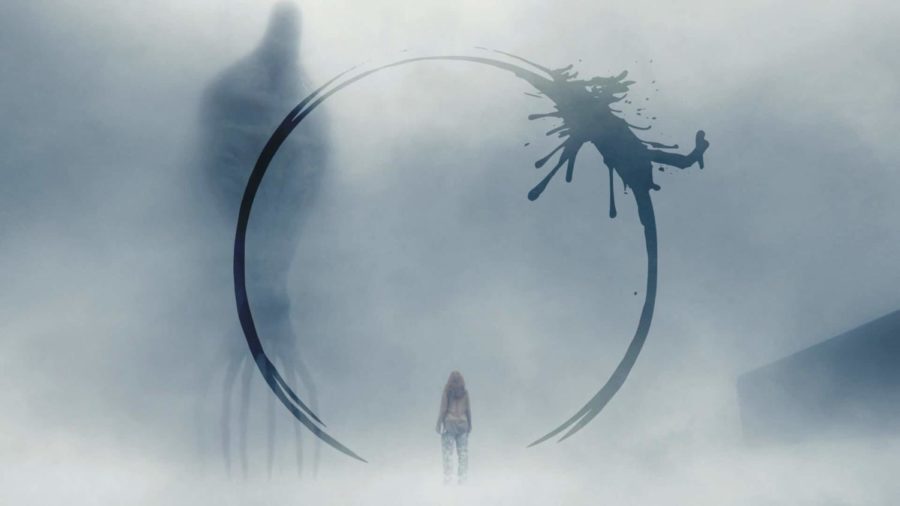


Instead, what appears to be precognition in Chiang’s story is actually far more interesting, and a novel twist on psychology and physics: classical physics allows usefully interpreting the laws of physics in both a ‘forward’ way in which events happen step by step, but also a teleological way in which events are simply the unique optimal solution to a set of constraints including the outcome and allows reasoning ‘backwards’.

At no point does the protagonist travel in time or enjoy precognitive powers, interpreting the story this way leads to many serious plot holes, it renders most of the exposition-heavy dialogue (which is a large fraction of the wordcount) completely irrelevant, and genuine precognition undercuts the themes of tragedy & acceptance. However, movie viewers often misread the short story: “Story” is not a time-travel movie. Banks then.One of Ted Chiang’s most noted philosophical SF short stories, “Story of Your Life”, was made into a successful time-travel movie, Arrival, sparking interest in the original. Banks’ inability to follow the conversations with the heptapods about physics, and how their respective inabilities render them “even” (124). Banks and Gary discuss Gary’s inability to learn Heptapod B, and his ability to get by with just a few phrases. (Past) While out for dinner at a South Asian restaurant, Dr. Banks recounts her favorite joke, without reference to her daughter, which relates children blaming parents for everything wrong with their lives. Specifically, she discovers the complexity of the heptapods’ written language, commenting that “No one could lay out such an intricate design at the speed needed for holding a conversation. Banks continues her analysis of the heptapods’ two different forms of communication, written and spoken, and makes important discoveries about how the two interact.


 0 kommentar(er)
0 kommentar(er)
